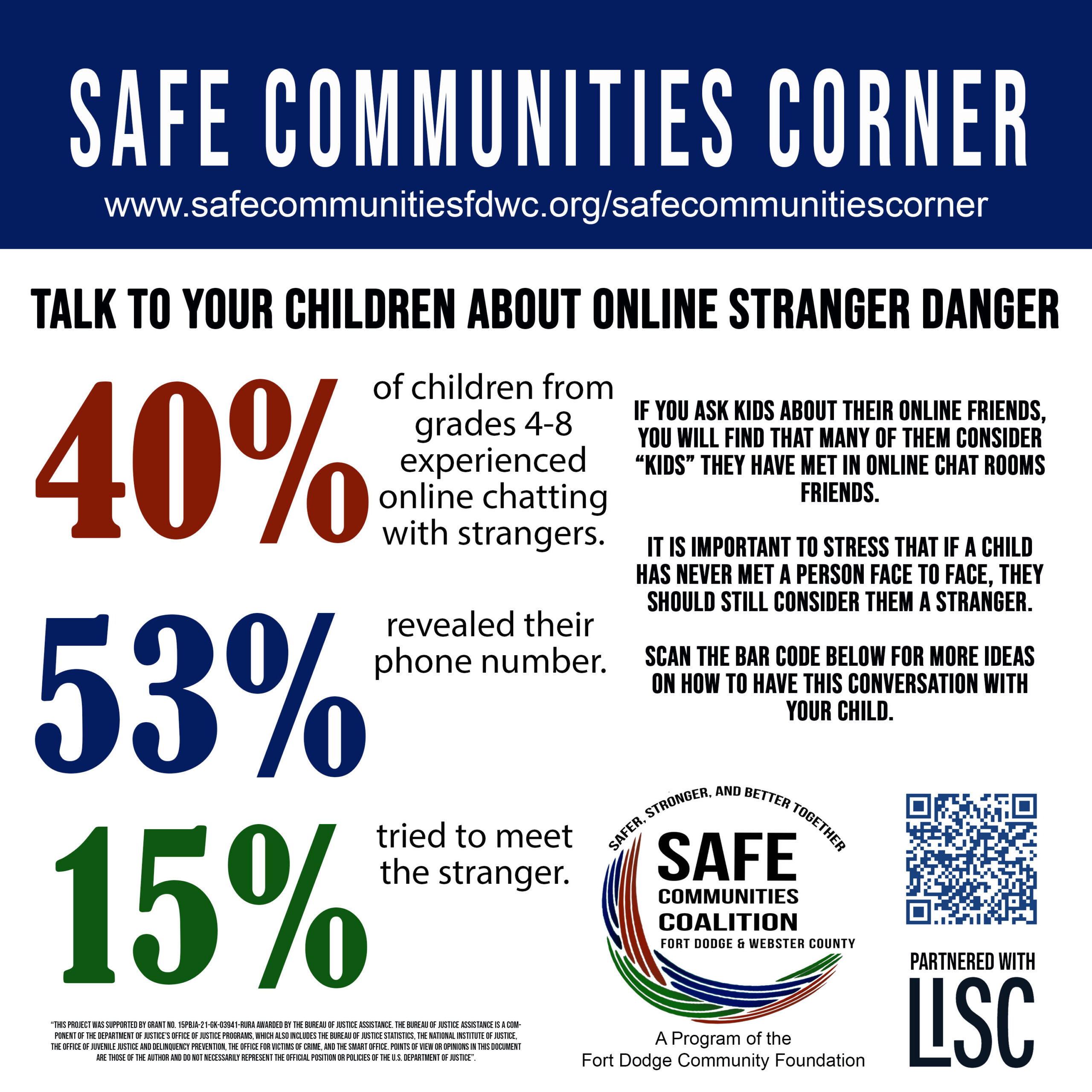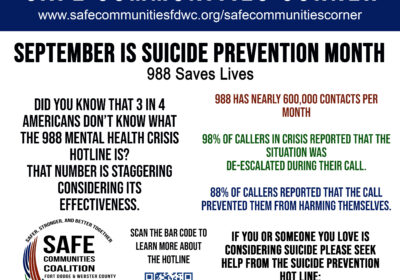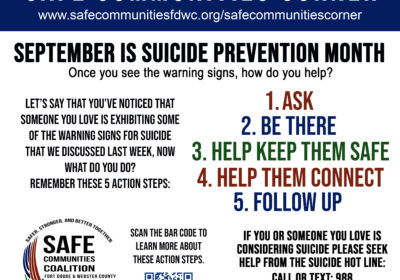Several months ago I was fortunate enough to get to spend some time in a classroom with young Dodgers. I was giving a little presentation on online safety to students and parents and I asked the children how many of them talk to friends while they are playing games online. As expected, several students raised their hands. I then posed the question, “how many of you talk to kids you’ve never actually seen in real life?” Again, the majority of those same kids raised their hands. I ended my line of questioning by asking them if those kids that they’ve never met were the kinds of friends that they could give their address and phone numbers to. I’m proud to say that most students responded with a resounding “no!” To the suprise of some parents though, there were several kids who considered people they have never met, only talked with online, as trustworthy friends.
As I mentioned in last week’s blog, kids naturally over trust and over share. That innocence is what we love about them; we don’t want to take that away, however, because of that, it doesn’t take much for an online predator to gain their trust. While we understand that most of the people in the gaming chat groups are kids just having fun, we need to be aware of the fact that predators watch these chats and can very easily pick out the children who are most at risk. A little education will go a long way in protecting your child.
Here are some ways to keep your child safe online:
- Research the games and apps your kids want to play, the privacy settings and parental controls in particular.
2. Keep online accounts private and limit chats to include only the friends they know personally.
3. Use user names, never real names and make sure your child knows not to share his or her passwords with anyone (not even friends).
4. Teach your child to never share their address or phone number with anyone online (even if they think they can trust them).
5. We’ve taught our kids not to accept candy from strangers, use the same concept to apply it to the internet. Don’t accept any gifts from someone you don’t know.
6. Teach your child to walk away from a game or the computer and come to you if there is something that makes them feel uncomfortable. You may need to talk to them about what it feels like to be uncomfortable in terms they can understand. Role playing this also helps.
7. You can not stress this one enough, make sure your child knows to NEVER agree to meet up with someone they only know from online conversations.
7. Post a list of the ‘rules’ in a spot they can see while they are playing as a reminder.
8. Have these conversations often. I once heard it said that if your kids aren’t rolling their eyes everytime you talk about these things, you aren’t doing it enough.
We don’t want our kids to be perpetually worried about who they are talking to, but by setting boundaries and rules we can stand between our child and anyone wanting to take advantage of them.
We’ve talked about how to keep your kids safe but let’s be realistic. Sometimes, no matter how hard we try, things happen. Would you know how to identify someone trying to groom your child? Join us next week as we talk about what grooming is and how predators use it to entice children.



